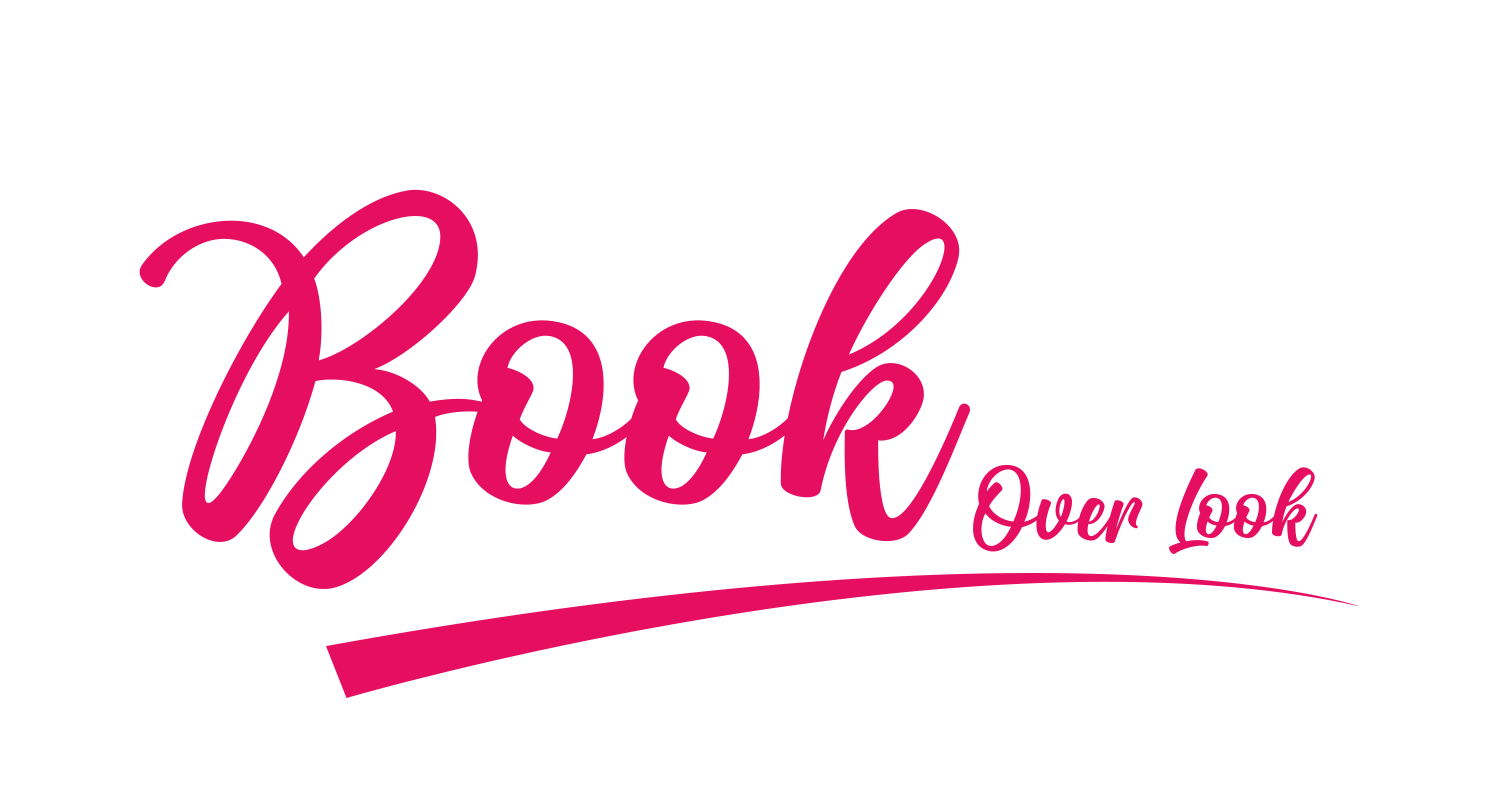Paycheck stubs, also known as pay stubs or earnings statements, play a crucial role in the employer-employee relationship. These documents serve as a record of an employee’s earnings, deductions, and other financial details for each pay period. In this comprehensive guide, we will explore the significance of accurate paycheck stubs for both employees and employers, shedding light on their legal requirements, financial benefits, and the role they play in promoting transparency and trust in the workplace.
1: Legal Requirements
1.1 Compliance with Employment Laws
Accurate paycheck stubs are not just a matter of convenience; they are a legal requirement in most jurisdictions. Federal and state labor laws mandate that employers provide detailed wage and hour information to their employees. Failure to comply with these laws can result in severe penalties, including fines and legal actions.
1.2 Ensuring Fair Compensation
Accurate paycheck stubs help ensure that employees are paid fairly for their work. They provide transparency into how wages are calculated, including hourly rates, overtime pay, and bonuses. This transparency is critical for preventing wage theft and disputes over unpaid wages.
2: Employee Benefits
2.1 Financial Clarity
For employees, accurate paycheck stubs provide a clear breakdown of their earnings, deductions, and net pay for each pay period. This clarity is essential for managing personal finances, budgeting, and making informed financial decisions.
2.2 Tax Reporting
Paycheck stubs are valuable during tax season. They serve as a reliable source of income documentation, helping employees accurately report their earnings and deductions when filing their income tax returns. This can prevent errors on tax returns and potential audits.
2.3 Verification of Benefits
Employees often receive various benefits, such as health insurance, retirement contributions, and paid time off. Paycheck stubs verify the deductions related to these benefits, ensuring that employees receive the benefits they are entitled to and are aware of the associated costs.
2.4 Proof of Income
Accurate paycheck stubs also serve as proof of income, which can be required for various purposes, including rental applications, loan applications, and government assistance programs. Having readily available, well-documented paycheck stubs can simplify these processes and reduce delays.
3: Employer Benefits
3.1 Legal Protection
Accurate paycheck stubs protect employers from legal liabilities. By complying with labor laws and providing transparent documentation of wages and deductions, employers reduce the risk of wage and hour lawsuits and penalties.
3.2 Employee Trust and Satisfaction
Employees value transparency and fairness in their compensation. Providing accurate paycheck stubs builds trust between employers and their workforce. When employees can easily understand how their pay is calculated and have confidence in their employer’s financial practices, job satisfaction and morale improve.
3.3 Accounting and Record-Keeping
Accurate paycheck stubs are invaluable for accounting and record-keeping purposes. They help employers maintain accurate financial records, track payroll expenses, and reconcile payments to employees. This is crucial for financial management, tax compliance, and auditing.
3.4 Audit Preparedness
In the event of an audit by tax authorities or labor agencies, having well-documented and accurate paycheck stubs can significantly ease the audit process. Employers who can readily provide comprehensive records demonstrate their commitment to compliance and can navigate audits more smoothly.
4: Promoting Transparency and Trust
4.1 Employee-Employer Relations
Transparency in payroll practices fosters positive employee-employer relations. When employees have confidence that they are being paid accurately and fairly, they are more likely to be engaged, loyal, and committed to their jobs.
4.2 Compliance with Ethical Standards
Accurate paycheck stubs align with ethical standards of business conduct. Employers who prioritize transparency in their payroll processes are viewed as ethical and responsible employers, which can enhance their reputation in the industry and attract top talent.
Conclusion
Accurate free paycheck stubs are a cornerstone of fair and transparent employment practices. They serve as a legal requirement to protect both employees and employers, ensuring compliance with labor laws and preventing legal liabilities. Beyond legal compliance, accurate paycheck stubs offer numerous benefits, including financial clarity, tax reporting, verification of benefits, and proof of income for employees. Employers also benefit from legal protection, enhanced employee trust and satisfaction, efficient accounting, and audit preparedness. Ultimately, accurate paycheck stubs play a vital role in promoting transparency and trust in the workplace, benefiting all parties involved in the employment relationship.

